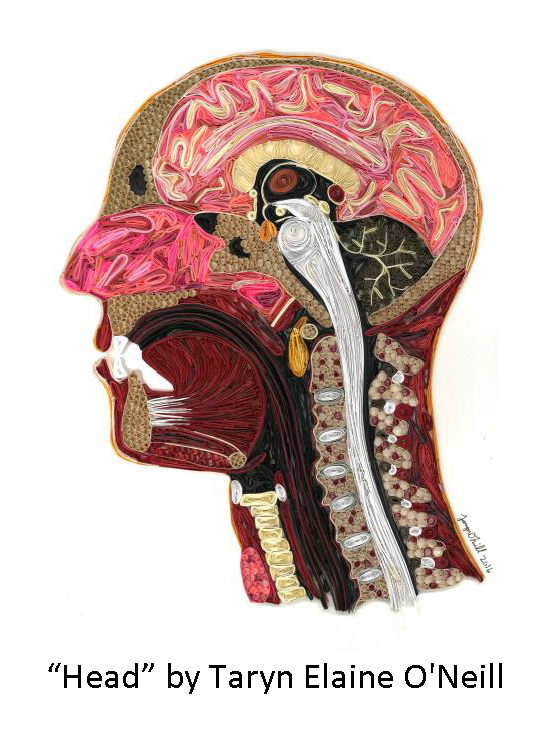Managing cognitive load in simulations: exploring the role of simulation technologists
DOI :
https://doi.org/10.36834/cmej.68093Résumé
Background: Facilitating simulation is a complex task with high cognitive load. Simulation technologists are often recruited to help run scenarios and lower some of the extraneous load. We used cognitive load theory to explore the impact of technologists on instructors, identifying sources of instructor cognitive load with and without technologists present.
Methods: Data was collected from 56 simulation sessions for postgraduate emergency medicine residents. Instructors delivered 14 of the sessions without a technologist. After each session, the instructor and simulation technologist (if present) provided quantitative and qualitative data on the cognitive load of the simulation.
Results: Instructors rated their cognitive load similarly regardless of whether simulation technologists were present. However, the composition of their cognitive load differed. Instructors experienced less cognitive load related to the simulator and technical resources when technologists were present. Qualitative feedback from instructors suggested real consequences to these differences in cognitive load in (1) perceived complexities in running the scenario, and (2) observations of learners.
Conclusions: We provide evidence that simulation technologists can remove some of the extraneous load related to the simulator and technical resources for the instructor, allowing the instructor to focus more on observing the learner(s) and tailoring the scenario to their actions.
Téléchargements
Publié
Numéro
Rubrique
Licence
La soumission d’un manuscrit original à la revue constitue une indication qu’il s’agit d’un travail original, qu’il n’a jamais été publié et qu’il n’est pas envisagé pour publication dans une autre revue. S’il est accepté, il sera publié en ligne et ne pourra l’être ailleurs sous la même forme, à des fins commerciales, dans quelque langue que ce soit, sans l’accord de l’éditeur.
La publication d’une recherche scientifique a pour but la diffusion de connaissances et, sous un régime sans but lucratif, ne profite financièrement ni à l’éditeur ni à l’auteur.
Les auteurs qui publient dans la Revue canadienne d’éducation médicale acceptent de publier leurs articles sous la licence Creative Commons Paternité - Pas d’utilisation commerciale, Pas de modification 4.0 Canada. Cette licence permet à quiconque de télécharger et de partager l’article à des fins non commerciales, à condition d’en attribuer le crédit aux auteurs. Pour plus de détails sur les droits que les auteurs accordent aux utilisateurs de leur travail, veuillez consulter le résumé de la licence et la licence complète.











